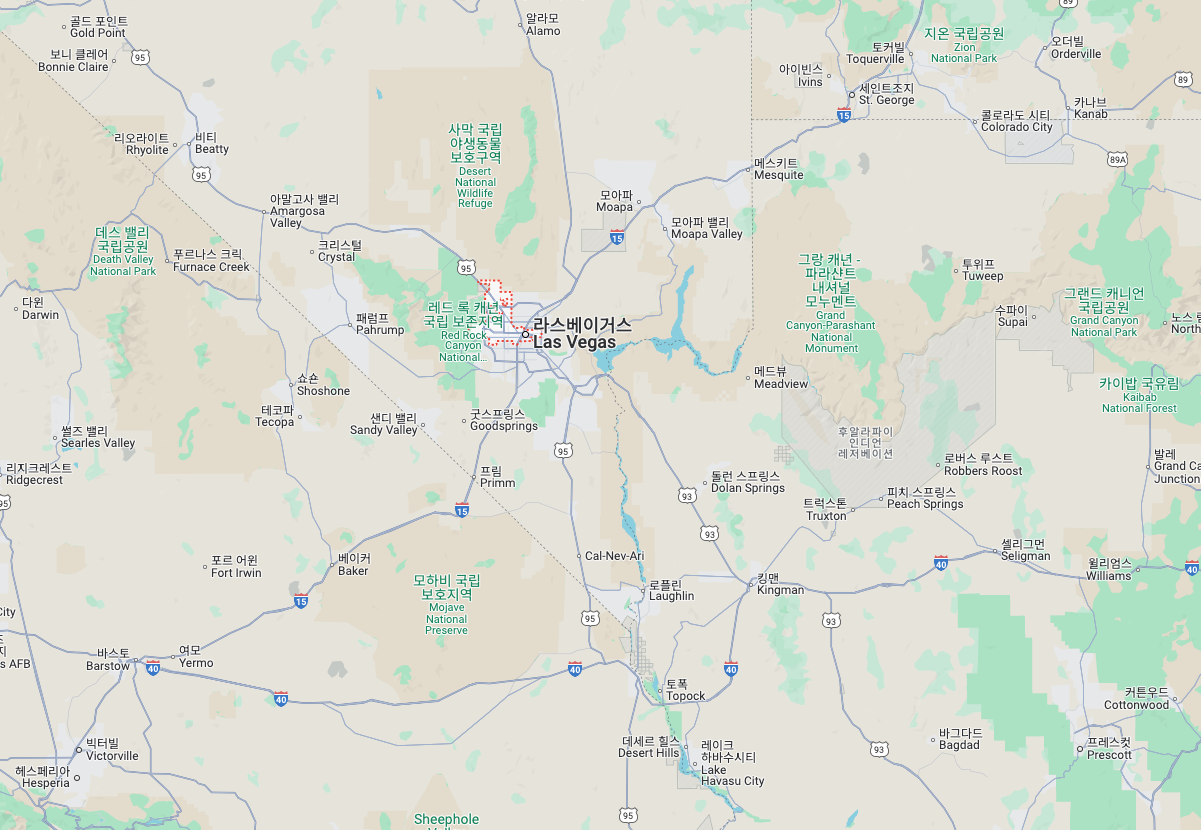Once they have lawful permanent resident status, they can live and work in the United States. These family members still need to go through a strict approval process with the United States Customs and Immigration Service. You should hire an experienced family immigration attorney to help you with the petition and any issues arising from it.
At Hayoon Kane Law Firm, PLLC, we understand the significance of reuniting with your family and living together indefinitely without fear of separation or legal issues. We also understand the challenges of obtaining family-based green cards.
If you want to learn more about your options or are ready to get started, we are ready to help. Call our office today.
Which Family Members Can Potentially Immigrate to the United States
Family-based immigration is limited to certain close relationships. The following family members of a United States citizen may apply for immigrant visas through this category:
- Spouse
- Parents
- Children
- Siblings
If you are a lawful permanent resident, your right to sponsor family members for a green card is more limited. You can sponsor either a spouse or an unmarried son or daughter for a green card.
Are There Any Limits on Family-Based Green Card?
Whether there are caps on the number of family-based green card overall depends on the type of category involved. If there is a close family relationship, the visa will not be subject to an overall cap on numbers. The following types of family relationship visas are not limited under United States law:
Family-based immigration is limited to certain close relationships. The following family members of a United States citizen may apply for immigrant visas through this category:
- The spouse of a United States citizen
- An unmarried child of a United States citizen who is under the age of 21
- An orphan who is adopted, or to be adopted, abroad by a U.S. citizen
- The parent of a United States citizen who is at least 21 years old
The parent of a United States citizen who is at least 21 years old
- Unmarried children of United States citizens and their own children (who are over the age of 21)
- Spouses, minor children, and unmarried sons and daughters (who are over 21) of green card holders
- Married sons and daughters of U.S. citizens and their spouses and minor children
- Brothers and sisters of U.S. citizens, and their spouses and minor children, provided that the U.S. citizens are at least 21 years of age
There are usually far more applicants for family-based green cards than there are available green cards under the cap, meaning that you need to wait a considerable amount of time before your petition is granted. Further, some of these subcategories have longer wait times than others. For instance, there can be a very long wait for the sibling of a U.S. citizen to get a green card, even if they otherwise meet the requirements, because others may be ahead of them in the queue.
How to Apply for a Family-Based Green Card?
The first requirement to apply for a family-based green card is to have a qualifying United States citizen or resident as a sponsor. There must be a qualifying family relationship that allows the applicant to obtain a green card.
- The first step in the process is for the United States citizen or green card holder to file Form I-130 with USCIS. You must include evidence along with the application that proves the family relationship, such as a birth or marriage certificate. In addition, you also need to file an Affidavit of Financial Support, which attests that the green card holder has a means of sustenance when they are in the United States and will not be reliant on public benefits.
- Once the Form I-130 is approved, the beneficiary must apply for a green card through the embassy or consulate in the country where they are located. They need to schedule and attend an interview and provide biometric information, including their fingerprints. If the beneficiary is in the U.S., USCIS will process the entire application.
The parent of a United States citizen who is at least 21 years old
- Unmarried children of United States citizens and their own children (who are over the age of 21)
- Spouses, minor children, and unmarried sons and daughters (who are over 21) of green card holders
- Married sons and daughters of U.S. citizens and their spouses and minor children
- Brothers and sisters of U.S. citizens, and their spouses and minor children, provided that the U.S. citizens are at least 21 years of age
- There are usually far more applicants for family-based green cards than there are available green cards under the cap, meaning that you need to wait a considerable amount of time before your petition is granted. Further, some of these subcategories have longer wait times than others. For instance, there can be a very long wait for the sibling of a U.S. citizen to get a green card, even if they otherwise meet the requirements, because others may be ahead of them in the queue.
Common Challenges Involved in Obtaining Family-Based Green Card
Besides the potentially long wait times, there are numerous other hurdles that you may need to overcome to obtain a green card for your family member. Of course, backlogs and delays are the most common challenges you will face.
While there are many requirements you must meet for your petition to be approved, one of the most challenging ones can often be proving that the family relationship between you and the applicant actually exists. Your petition should include documentation that will satisfy USCIS and convince them of the familial relationship.
In addition, the admissibility of a specific person could also be an issue. USCIS would run a background check on the green card applicant to check whether they have a criminal record or present any national security concerns. USCIS can deny the petition if they believe the applicant presents any security risk or has committed certain crimes that disqualify them from being admitted to the United States.
In some cases, USCIS may come back to you seeking more information after you have already filed your petition. They may send you a Request for Evidence, posing certain questions or directing you to submit additional documentation. You need to take an RFE seriously since it means that USCIS has already indicated that they have questions.
If you receive an RFE and do not already have a family-based green card attorney, you should contact one immediately because the substance of your response is crucial.
Appeal Rights if Your Family-Based Green Card Petition Is Denied
Family-based green card applicants have fewer rights of appeal than those whose green card application is rejected. You are entitled to a measure of due process, but you may be unable to file as robust of an appeal than if you had a green card application denied. Still, you can seek some level of USCIS review of the decision that denied your petition.
A family-based green card lawyer could submit another application for a green card to USCIS with information that may address the agency’s concerns. They can ask for reconsideration of the green card denial on the basis that the agency made a mistake of fact or law in denying the green card petition.
While USCIS will closely scrutinize any application for a green card, and they will invariably have questions, it is in your best interests not to put yourself in a position where your petition will be questioned or rejected because you made an error or failed to include information.
Why You Need a Family-Based Green Card Lawyer?
When submitting a petition for a family-based green card, you are up against a process that is heavy on paperwork and places a premium on getting everything correct and having it well documented. Depending on the type of green card you seek, you may be competing against others for a few slots. You may also not have the same rights of appeal as others who are seeking the right to live and work in the United States.
Accordingly, you should leave as little to chance as possible when applying for a family-based green card. Never assume that the paperwork is easy and does not need either an extra set of eyes or the drafting help of a family-based green card lawyer who deals with the USCIS on a daily basis. A family immigration attorney can take much of the burden off your shoulders and at least eliminate the possibility of an error on your paperwork, which can delay your application or lead to its rejection.
A family-based green card immigration lawyer can do the following to help you:
- Complete difficult forms and oversee a complex legal process
- Gather the documentation you need to accompany your petition
- Help prepare for the green card interview with the USCIS
- Draft your response and compile your documentation when you have received an RFE from USCIS
- Seek reconsideration of any decision that denies the green card petition
- Draft a new green card application on your behalf, which seeks to address the reasons why your initial petition was denied
Most of all, a family-based green card lawyer provides you with individualized legal advice tailored to your specific situation, thereby relieving you of the pressure and stress you would endure if you were left to handle the situation on your own.
Contact a Las Vegas Family-Based Green Card Attorney Today
Hayoon Kane Law Firm, PLLC helps families like you that want to be together in the United States. We use a visa application process for our clients that has gotten results for many others in the past who wished to enter or live in the United States.
You can schedule a free case review with a family-based visa attorney by visiting our website or by calling us today at (702) 463-7630. Our office is located in Las Vegas, NV, and we maintain a 50-state practice, helping families with immigration matters across the country.
ine contact form or by calling us today at (702) 463-7630. Our office is in Las Vegas, NV, and we work with clients nationally.



